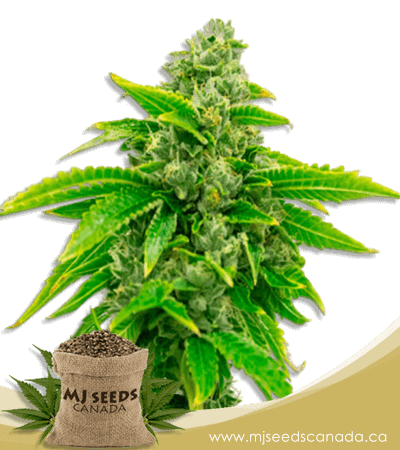In the latest decades, the discussion close to sustainable farming tactics has gained momentum, with an escalating target on environmentally pleasant alternatives. One intriguing participant in this motion is the hashish plant, particularly its seeds. Cannabis seeds have emerged as a probable recreation-changer in sustainable agriculture, presenting a myriad of advantages that prolong past the realm of leisure and medicinal use.
The Eco-Helpful Character of Cannabis Seeds:
Hashish crops are acknowledged for their resilience and adaptability, making them an great applicant for sustainable farming. The cultivation of cannabis seeds necessitates less pesticides and herbicides in contrast to lots of other crops, contributing to a reduction in environmental pollution. In addition, cannabis vegetation have deep root systems that support stop soil erosion, promoting soil overall health and fertility.
H2o Effectiveness:
H2o scarcity is a important issue in agriculture, but hashish has established to be a somewhat drinking water-efficient crop. Cannabis crops have a one of a kind ability to prosper in assorted climates, from arid areas to much more temperate zones, enabling for cultivation in areas where h2o sources might be confined. This adaptability will make cannabis seeds a promising option for farmers wanting to conserve water and reduce their environmental impact.
Biodiversity and Crop Rotation:
Sustainable farming practices frequently emphasize the importance of biodiversity and crop rotation to sustain soil wellness. Cannabis suits properly into these ideas, as its cultivation can lead to crop rotation cycles, avoiding the depletion of nutrients in the soil. Furthermore, hashish vegetation assist biodiversity by delivering a habitat for a variety of insects, birds, and microorganisms that perform critical roles in ecological balance.
Carbon Sequestration:
1 usually-missed part of cannabis cultivation is its prospective to act as a carbon sink. Hashish vegetation take up carbon dioxide during photosynthesis, assisting mitigate the consequences of local climate alter. When developed on a substantial scale, cannabis has the capability to sequester major quantities of carbon, generating it a useful ally in the fight in opposition to worldwide warming.
Hemp: A Adaptable and Sustainable Crop:
In the hashish loved ones, hemp stands out as a particularly versatile and sustainable crop. Hemp fibers can be made use of to develop a wide array of eco-helpful products, like textiles, paper, and biodegradable plastics. Hemp seeds, prosperous in protein and vital fatty acids, are a healthy addition to human and animal eating plans, featuring a sustainable choice to traditional crops.
Economic Added benefits for Farmers:
In addition to its environmental rewards, cultivating hashish seeds can offer economic gains for farmers. The growing demand from customers for hemp-derived goods, these kinds of as CBD oil and hemp-based textiles, opens up new earnings streams. As extra international locations legalize and control cannabis cultivation, farmers have the possibility to diversify their crops and tap into a burgeoning market place.
Worries and Considerations:
When the potential added benefits of hashish seeds in sustainable farming are promising, there are issues and factors that are unable to be overlooked. Regulatory frameworks, different legal statuses, and the stigma linked with cannabis cultivation can pose hurdles for farmers. However, as attitudes to hashish carry on to evolve globally, it is vital to tackle these challenges to unlock the comprehensive opportunity of cannabis in sustainable agriculture.
Summary:
Hashish seeds have the possible to revolutionize sustainable farming procedures by supplying a crop that is resilient, h2o-efficient, and environmentally helpful. As Homepage with the urgent have to have for sustainable answers in agriculture, checking out the possibilities of hashish cultivation gets to be increasingly very important. By embracing the ecological added benefits of hashish seeds, farmers can add to a greener long term even though reaping economic benefits. It’s time to figure out cannabis not just for its recreational and medicinal worth but also for its purpose in cultivating a additional sustainable and resilient agricultural landscape.
